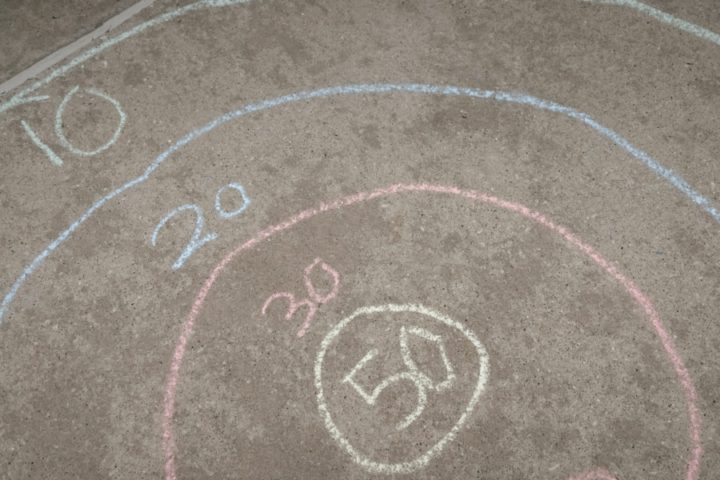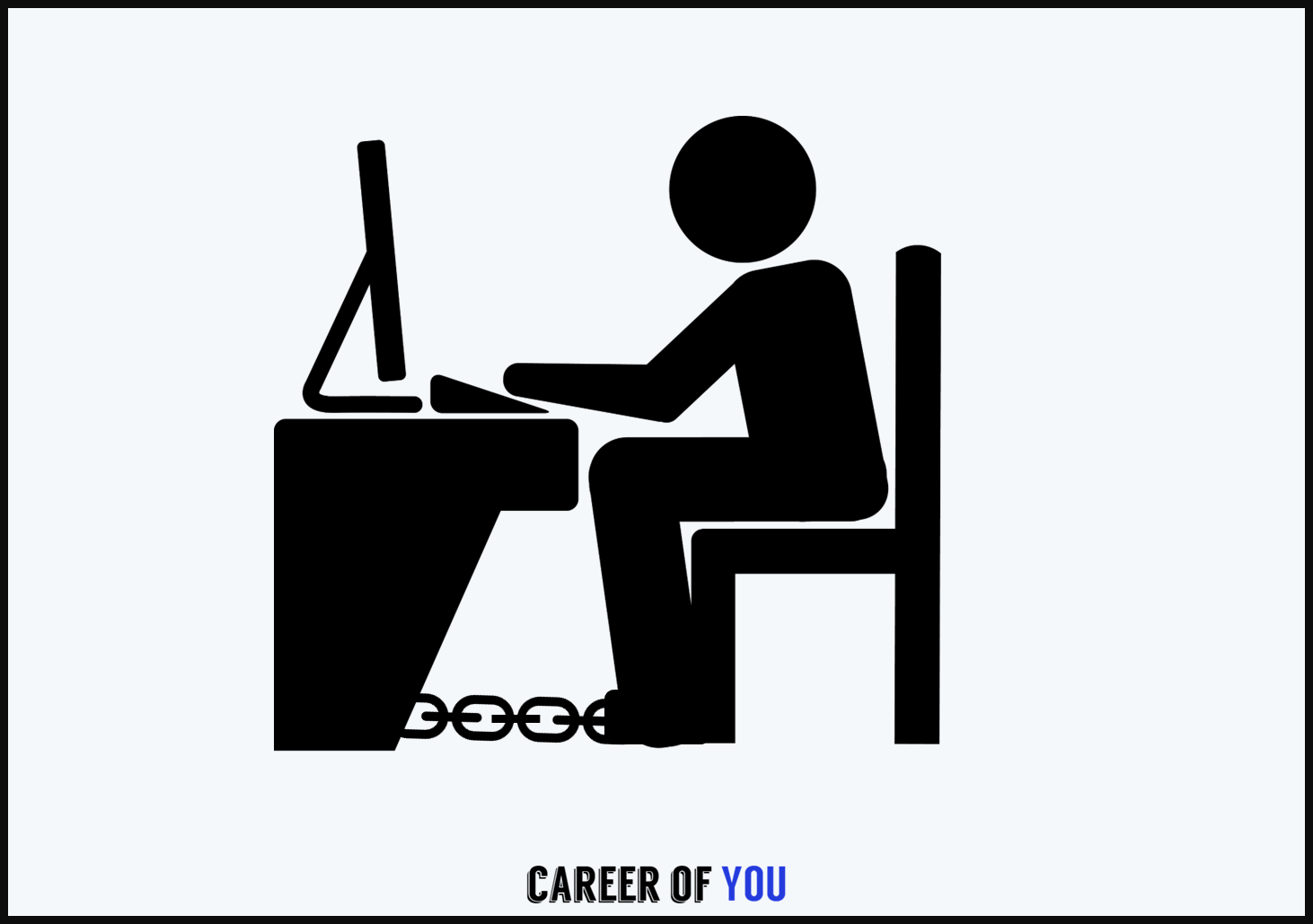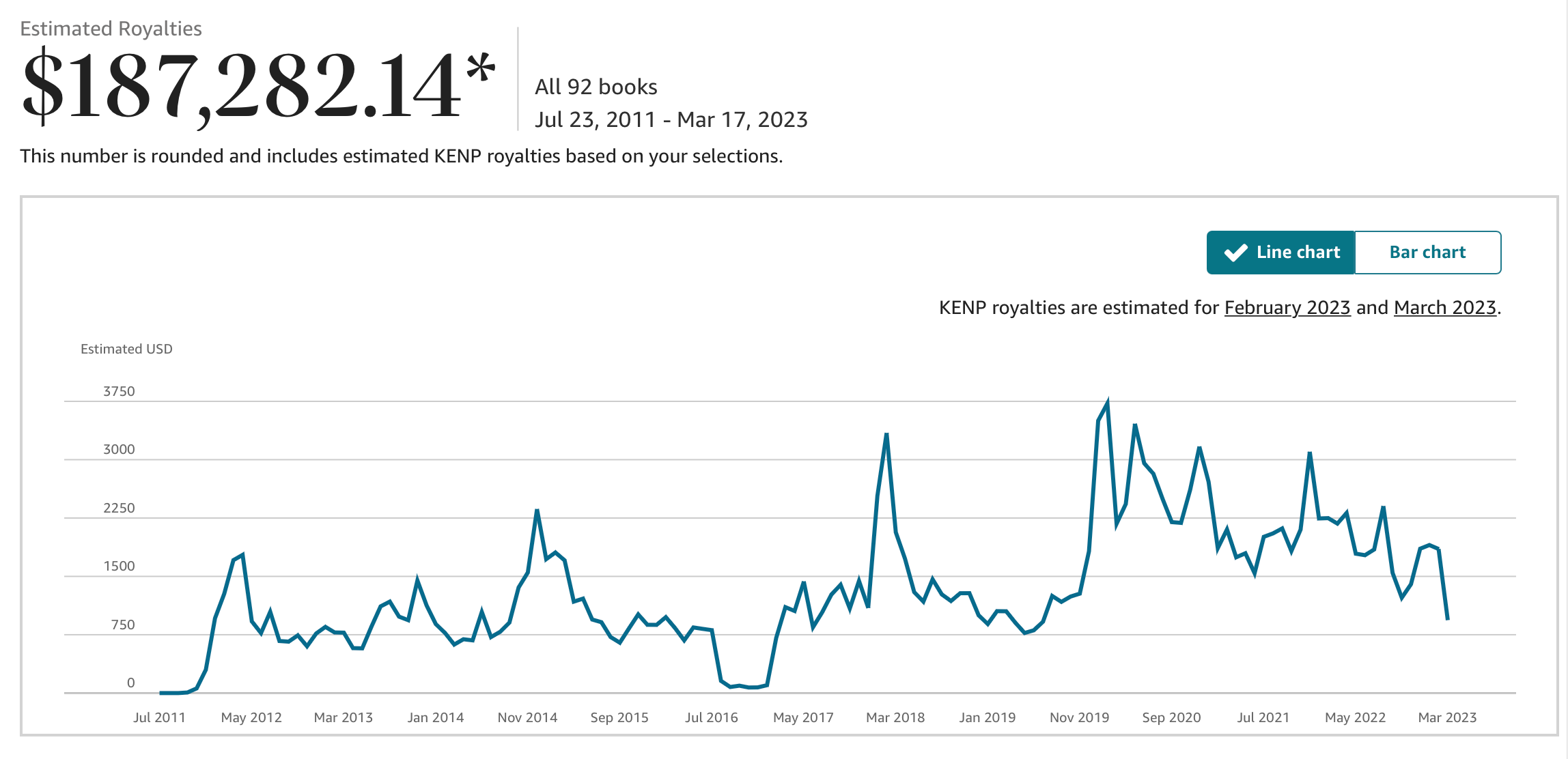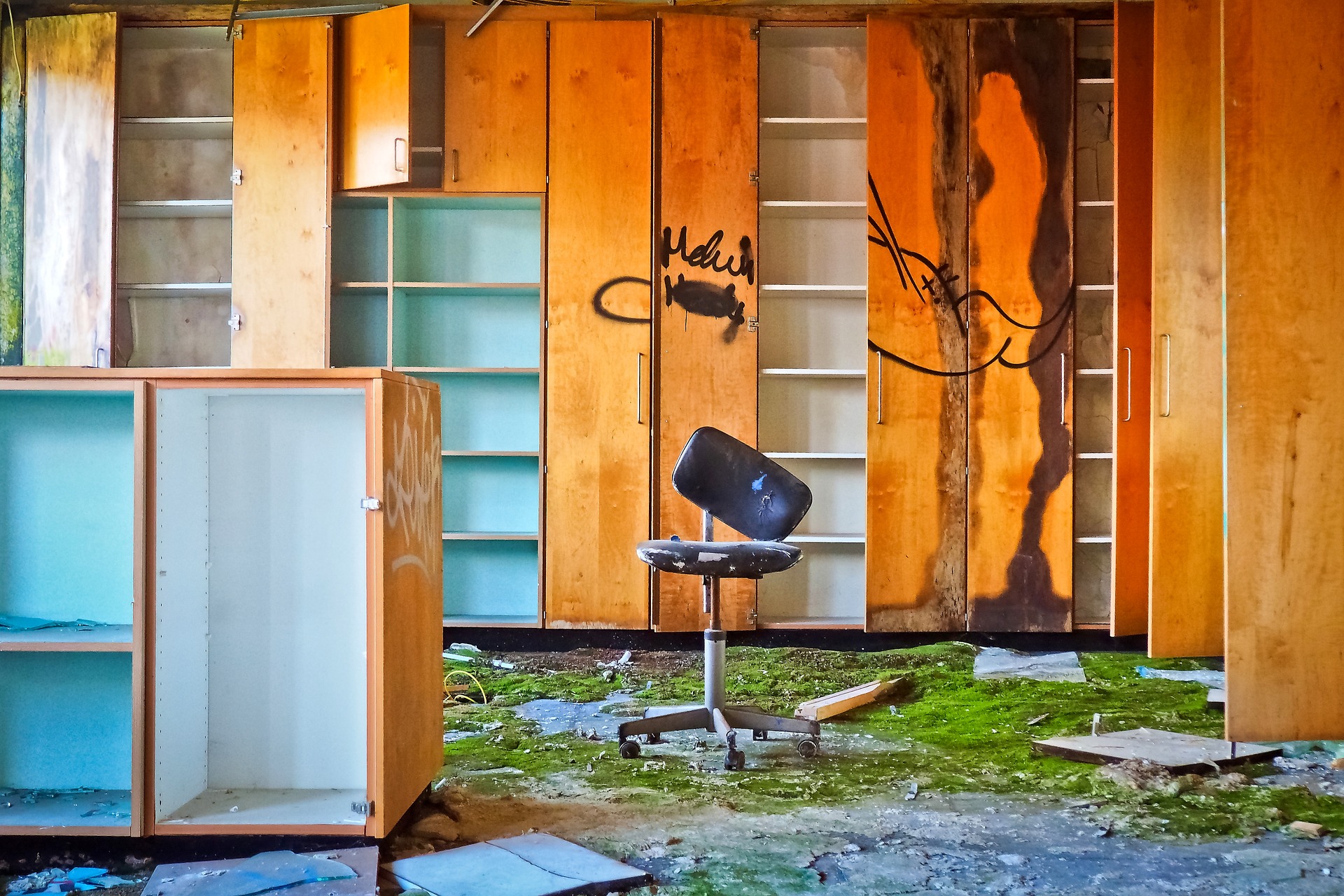I recently turned 34 and I’m freaking out. My friends and I all seem to be taking stock — considering having kids, feeling exhausted by new parenthood, re-evaluating career paths, and scratching the seven-year relationship itch.
By the time you’ve hit your middling thirties, you are expected to have it all figured out. A trail-blazing career, a loving family, and a foot firmly planted on the property ladder.
My reality is more of a mixed picture. I have a good career but filled with instability. My salary has fluctuated massively over the last few years, and I’m up for redundancy, for the third time in my working life. I have a brilliant wife, but our wider family relationships are strained. We have a lovely flat in London, but it’s a rental. In reality, it’s going to be few years before we can buy our first home.
The thirty-something life crisis, or thrisis, seems to be affecting people everywhere.
On the morning of her 36th birthday, journalist Rachel Syme took to Twitter and asked: “I feel like 33–38 is a really tough age for a lot of women I know; feels like so many big decisions and future plans have to be squeezed into this lil window. just me? It feels like all my friends this year are doing this huge re-evaluation of everything. It’s a time of lurches and swerves.”
Her tweet quickly went viral, with 9,000 likes, hundreds of comments, and sparking a global conversation.
So why am I freaking out?
Objectively, what I have is great and I’m grateful for it: my health is good, I have the makings of a good career, and a wife who laughs at my stupid jokes. So why am I freaking out?
What has happened is that generation by generation, we have delayed certain life milestones. Our childhood visions of our lives, molded by parental anecdotes and mainstream media are no longer realistic. The average age of getting married is creeping upwards. Women are having children later in life. The average age of first-time homeowners has increased by six years, making residents 34 years old by the time they’ve bought their first property.
Our thirties are more of a biological and financial pressure cooker than ever — when adult milestones, or lack thereof, converge in a unique way (is it me or are the walls closing in?!?).
It’s normal to question the direction of your career, relationship, and life purpose in your thirties.
A survey by Relate, a relationship support charity, has found that mid-life crises now begin in the mid-30s.
Claire Tyler, Relate’s chief executive said: “Traditionally we associated the mid-life crisis with people in their late 40s to 50s, but the report reveals that this period could be reaching people earlier than we would expect. It’s no coincidence that we see people in this age group in the biggest numbers at Relate.”
Clearly, the thrisis isn’t some snowflake millennial worry. It’s a significant period of pressure, in which you have to make irreversible life decisions. These decisions will affect the next few decades of your life. It’s ok to feel a bit freaked.
So what do you do? Firstly, remember what you are going through is transient, and a necessary stage of life. A normal if overwhelming time for self-reflection and re-evaluation.
1. Friends and family can be a good source of wisdom.
If you are struggling with the life choices now suddenly bearing down on you, the first thing to do is realize that these are not unique issues. Many other people have had relationship rough patches, and have struggled to balance career ambitions with starting a family.
Find someone you can be completely honest with, ideally who has a vested interest to talk to. A word of caution is that this probably shouldn’t be your boss if your worries are career-related, as your best interests may not be their primary concern.
2. Forget about what-ifs and what could have been.
In the UK, before you go to university you take A-levels which are similar to the American Advanced Placement courses. I often find myself looking back at the decisions I made at this point in my life. I applied to take history, English, politics, and law; but law was over-subscribed so I took sociology instead. In my darker moments, I often find myself thinking “if only I’d studied law, I’d have a clear career path, could make good money playing to my strengths, and could even have started my own law firm”.
Sounds great, and maybe it would’ve been. But I’ve come to accept that it’s a waste of time to think about what could’ve been. All the second-guessing and what-ifs won’t ever allow you to know what would have actually happened.
The energy spent on what-ifs and what-could is much better spent looking forwards, and making sure the direction you are heading in works out as well as possible. When you look forward you can anticipate what will happen next and respond to it. Often it’s not the decisions you make that determine the ultimate outcome, but what you do once you’ve made a decision.
3. Stop comparing yourself to others.
Due to the rise of social media, it’s natural to compare yourself to others. Friends post engagement stories, new home news, and candid photos of themselves sitting on a beach, sipping oat milk coffees while “living their best life.” If you’re anything like me the idea that people are ‘achieving’ while I flounder fills me with panic.
It’s obvious advice, but comparing yourself to others is a sure-fire route to unhappiness. It’s usually an unfair comparison as we don’t all start from the same place. In reality, there will always be people ahead of you and people behind you.
Instead of constantly comparing yourself to your social circle’s carefully curated social media, focus your energy on yourself. Focus on what you are capable of and how you can improve yourself.
I’m increasingly trying to remind myself, that at the end of the day it’s yourself you have to be proud of, not what others think of you.
Compare yourself to who you were this morning. Are you better than you were when you woke up? If not, you’ve wasted a day. It’s less about what others think of you and more about how you can improve relative to who you were.
You only have one life. Figure out what matters to you, and measure yourself against your own internal scorecard, not against how your peers are doing.
4. Redefine your values and priorities.
While being a thirty-something is a decade that brings a lot of pressure, it also brings a lot of excitement and opportunity. It’s the period where you will start to fully define your career, start a family, and separate yourself from the pack.
Sure it’s uncomfortable, but a thrisis also forces us to pause, reflect and ask what’s really important to us. You’ve still got time. You’re probably going to work for another 30–40 years and live for another 60 if you eat your vegetables (sorry bacon sandwiches).
Think of your thirty-something crisis as acting like a safety value, a review point to help you evaluate where you are heading and ensure you are setting the foundations for a future you really want.
5. Don’t use your career as your only source of validation.
If you’re anything like me, you might find that a lot of your personal identity is wrapped up in your career. But seeking all your validation and happiness from your career is asking for trouble. When you get all your self-worth from your job, you become less resilient to adverse events like redundancies and negative performance reviews.
Research has found that those people happiest about their jobs have the lowest expectations about what work will bring to their working lives.
That’s not to say you shouldn’t pursue career ambitions. Not doing so is likely to fill you with regret. But spreading your validation sources equally across personal relationships, hobbies, charity work, and careers leads to a much happier life.
6. Explore your interests.
When we are young, we freely explore new interests and hobbies. In our long-hours culture, and with a 24/7 connection to your job through your smartphone, it’s easy to put things you are interested in on the backburner.
You can also get into the mindset of thinking these things are for other people. “I couldn’t possibly be a successful medium writer, that’s something other people do”. “I’d love to learn documentary film-making, but that just doesn’t fit with my job as an accountant”.
When you reach adulthood it’s easy to ignore what you are actually interested in. A thrisis is the perfect opportunity to bring creativity back into your life by picking up outlets that have been pushed to the side (music, art, writing, film-making, etc).
You don’t need to blow up your career to explore your interests. Start small. Take a class at your local community college, start volunteering, grab a coffee with someone that has your dream career. You never know where it will lead you.
7. Launch a passion project.
It seems like we are constantly told to pursue work we are passionate about. The internet is filled with ‘do what you love, and the money will follow’ inspirational quotes. But for many people, this simply isn’t feasible. Not every job offers the possibility of pursuing a passion.
It isn’t terrible advice. Lots of research shows that pursuing your passion improves well-being, BUT, several studies show that doing something you are passionate about outside of work, benefits both your career and your personal life.
Passion projects can be a way of developing new skills, meeting new people, and simply decompressing from work.
Make time for a passion project in your life. For example, start your workday earlier so you can make more time 1–2 evenings for cultivating other interests.
Passion projects are intrinsically linked to what we care about and give you meaning. Pursuing them will lead to a full life and allow you to bring your best self to work.
Parting Thoughts
If you’re staring 40 in the face while having your own existential crisis, welcome. You are far from alone. You’re part of a group of well-educated, kind, ambitious over-thinkers.
I hope the above provides some useful coping mechanisms. Above all, I think it’s important to remember that you haven’t failed. As cliched as it sounds life is a journey of exploration rather than a linear path towards success. And success means something different to all of us anyway.
At 34, there have been more plot twists in my life than I ever could have imagined, both good and bad. I’m trying to accept that my life will continue to be an imperfect mess, and I’ll probably never be completely settled in a job or 100% ready to have kids.
I’m figuring it out as I go, just like everyone else.





